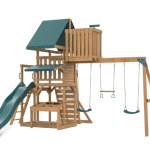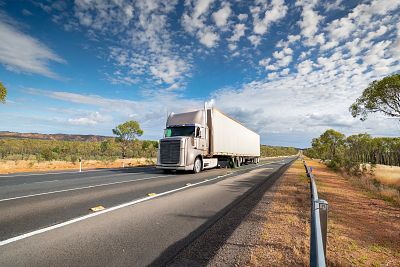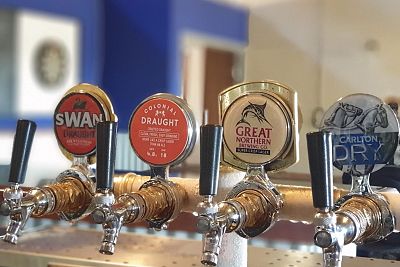Thinking About Buying a Supermarket? Here’s What You Need to Know
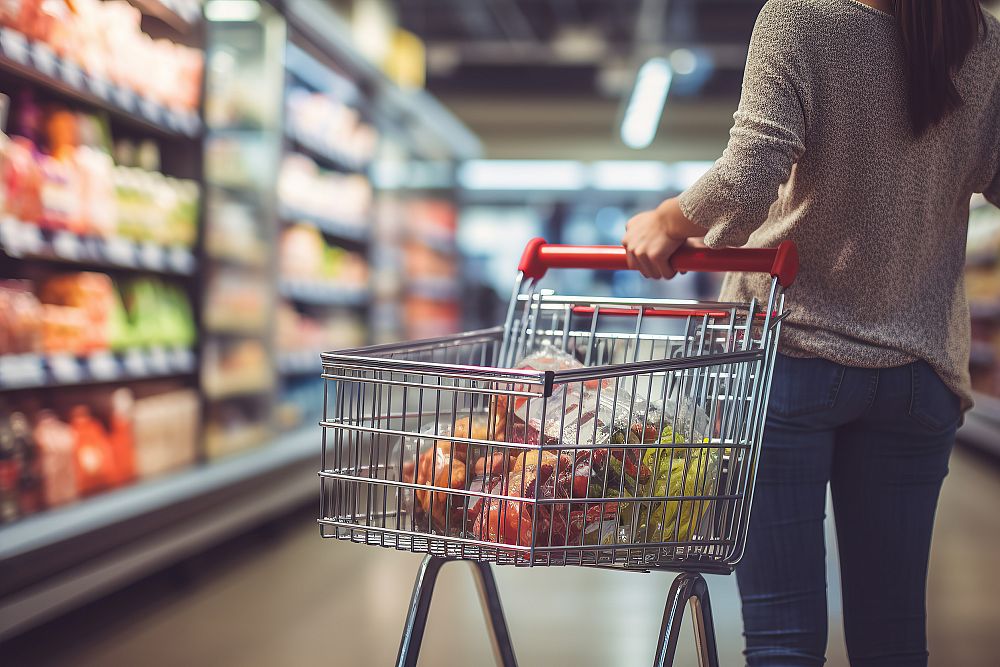
Thinking About Buying a Supermarket? Here’s What You Need to Know
Thinking about buying a supermarket? It could be a solid investment - after all, everyone needs groceries.
Whether it’s a small local convenience store, a specialised grocer such as Asian Supermarket, or a full-scale IGA supermarket, owning one can mean steady income and a strong customer base. On Bsale you can find hundreds of supermarkets for sale. But before you start to enquiring to buy here are a few things you should consider.
Why Buy a Supermarket?
Supermarkets are one of the most reliable businesses in Australia. People will always need groceries, and a well-run store can generate steady cash flow. Unlike cafes or restaurants that can struggle with seasonality, supermarkets have consistent demand all year round. In many regional towns, they are the only big retail business in town.
With the rise of boutique and specialty supermarkets, there are now more ways to stand out in a competitive market. Customers are increasingly looking for unique shopping experiences, cultural ingredients that can't be found in the major supermarkets, organic produce, and locally sourced goods.
Buying a supermarket is a good choice for families as they can work within the business. It is a relatively easy business to manage and doesnt required a specialised skillset. You will see in country towns alot of the supermarkets are family owned and managed. This helps overcome a lot of the issues with staffing.
What Can You Expect to Pay?
On Bsale we have supermarkets for sale from $100,000 - to over $1 Million + SAV. It will depend on how profitable the business actually is.
There are alot of regional supermarkets that are very profitable as they are one of the few locations for people to purchase their groceries and household items.
Many supermarkets are sold with Stock at Value (SAV) added on top of the sale price, which makes sense given that stock is a key part of the business.
As a buyer, it’s important to understand how this figure is calculated, when the stock take was last conducted, and whether there’s any old or slow-moving inventory. If there are expired or unsellable items, you’ll need to discuss with the seller how to clear them - whether through discounting, supplier returns, or excluding them from the final price.
Another key factor to consider is how you’ll fund the stock purchase, as supermarket inventory costs can range from from $60,000 to over $1,000,000, depending on the size of the store.
Depending on how you to plan to purchase the business, you may be able to take out a loan specifically for the stock component of the business. This would most likely be a 'Inventory Finance' loan. The lender provides funding to cover the cost of stock, and repayment is typically structured around the sale of goods.
Here are some examples:
- IGA Supermarket Melbourne VIC - $1,150,000 +SAV
- Wyalkatchem General Store, WA – $199,000 No GST Plus Stock
- Ravenswood Supermarket, WA – $200,000 + S.A.V
- Gold Coast Fruit & Veg Store, QLD – $300,000 + SAV
- Asian Convenience Store, QLD – $125,000 + Stock $65,000 Approx.
- Supermarket & Fruit Market, Revesby NSW – $295,000 + SAV
- Organic Food Store, Baulkham Hills NSW – POA
What Can You Can Expect to Earn?
When you are enquiring about supermarkets for sale, they will provide financials and how much the owner is making (net profit). Normally this is a calculation as the owner may be working within the business as well. Remember, in regional towns, family could be highly involved in the business, so you need to have a professional review the financials to get a good understanding of profitability.
To give you an idea, here are the financials of a supermarket that was listed on Bsale.
Regional Supermarket in NSW
- Net Profit before taxes: $164,000 approx.
- Annual Sales: Over $780,000 approx.
- Sale Price: $550,000 + SAV
- Estimated Stock: $70,000
Take a look at some of the opportunities available to discover the pricing, check out these supermarkets for sale in NSW
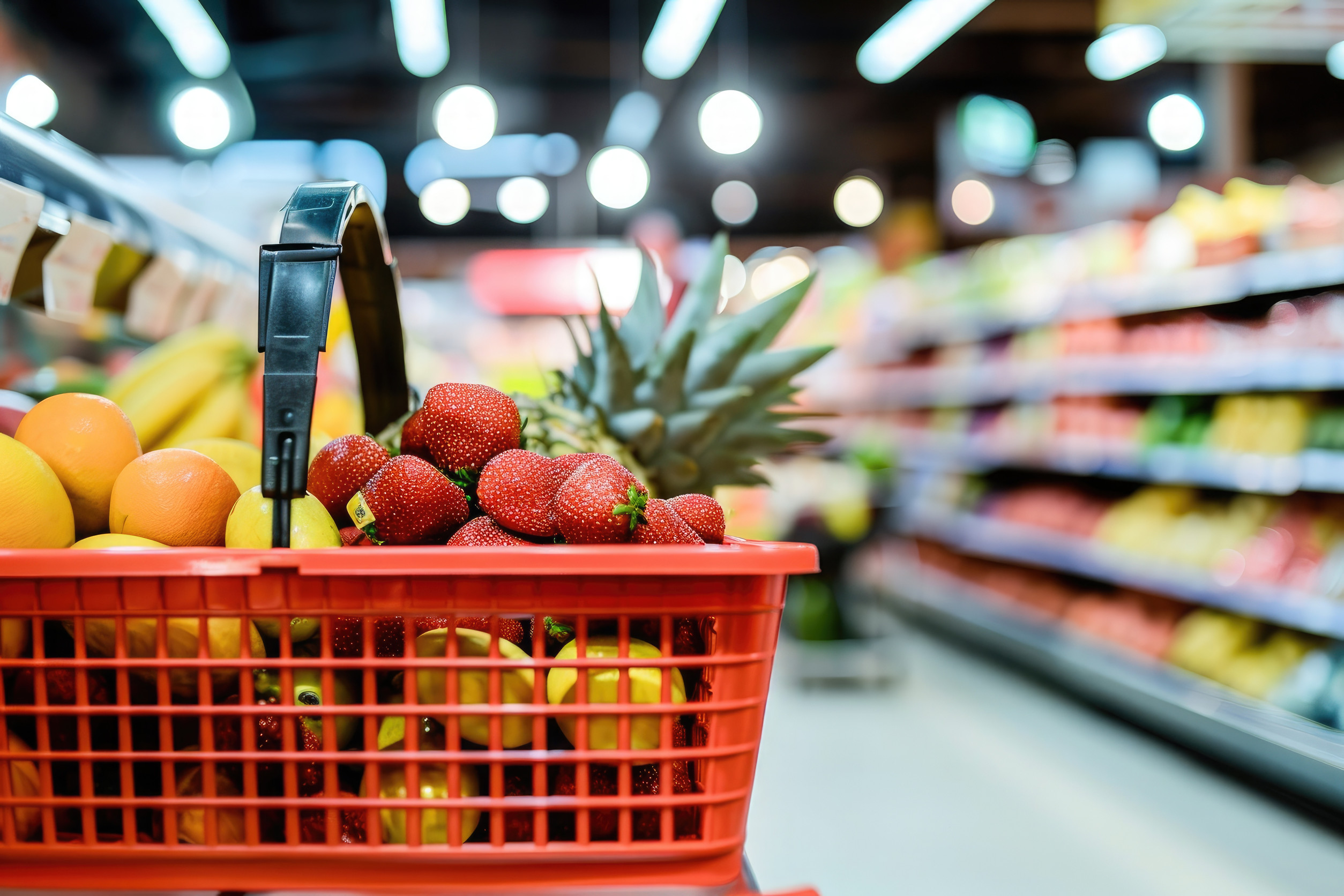
What to Consider Before Buying?
Buying a supermarket isn’t just about picking a store and signing the paperwork. There are key factors you need to consider to make sure it’s a profitable investment.
1. Location, Location, Location
The success of a supermarket depends heavily on its location. A store in a high-traffic area near residential communities or shopping precincts will have a better chance of success. Consider:
- Foot traffic and parking availability
- Competition from larger chain stores
- Local demographics – does the store cater to the right customer base?
2. Lease Agreement
One of the biggest factors when buying a supermarket is the lease agreement. Unless you’re purchasing the freehold (the building and land), you’ll likely be leasing the premises. A bad lease can kill a business, while a good one can set you up for long-term success.
Key Lease Considerations:
- Lease Term and Renewal Options - How many years are left? Are there renewal options?
- Rent and Outgoings - What’s the monthly rent, and are there annual increases?
- Fit-Out and Shop Upgrades - Are you required to refurbish? Who owns the fridges and fixtures?
- Location Protections - Does the lease have exclusivity clauses to prevent a competitor from opening nearby?
3. Stock and Suppliers
A supermarket is only as good as the products it sells. Whether you’re running a small independent grocer or a full-scale supermarket, having reliable suppliers and competitive pricing is crucial to maintaining profitability and keeping customers coming back.
Before purchasing a supermarket, it’s essential to review all existing supplier contracts to ensure they are well-established and won’t cause supply issues down the track. Understanding these agreements will help you assess whether you’re getting fair wholesale pricing, if there are any long-term commitments that may impact your ability to switch suppliers, and whether the existing supplier relationships are strong enough to maintain consistent stock levels.
Supply chain disruptions can have a major impact on profitability, so it’s important to know if the business is reliant on a small number of suppliers or if there’s flexibility in sourcing stock. It’s also worth investigating whether you can negotiate better terms post-purchase to improve margins.
If the supermarket carries specialty or imported products, you’ll need to check if there are any licensing or exclusivity agreements in place. Ensuring the supply chain is efficient, cost-effective, and adaptable will set you up for long-term success in running the business.
4. Staffing and Management
Many regional supermarkets are family-run businesses, and for good reason. These stores often serve as the heart of the community, with owners taking a hands-on approach to operations. Family-run supermarkets can offer more flexibility, personalised service, and stronger connections with local suppliers and customers.
However, whether you're running a family business or hiring external staff, managing a supermarket means overseeing a team of employees. This includes balancing a mix of casual and full-time staff, ensuring effective roster management to control wage costs, and maintaining high standards for customer service.
Finding reliable staff can be one of the biggest challenges, especially in regional areas where the talent pool may be smaller. Supermarkets rely on well-trained employees to handle everything from stock management to customer service, so recruitment and retention strategies are crucial.
Offering competitive wages, flexible shifts, and fostering a positive work environment can help keep staff engaged and reduce turnover. Investing in proper training ensures that employees can provide excellent service, contributing to customer loyalty and the overall success of the business.
5. Business Financials
Before buying, you need to review the store’s financials. We go through how to review a businesses financials and the due diligence process in this article.
Need More Assistance?
We have number of resources that can help you such as this buying a business guide. Its important to always obtain professional advice specific to your circumstances.
Tags: buying a business guide supermarkets
About the author

Catherine Mangana
Customer Support
Catherine enjoys generating articles that highlight some of the opportunities that are now available for purchase on Bsale. She hails from a family of ...



